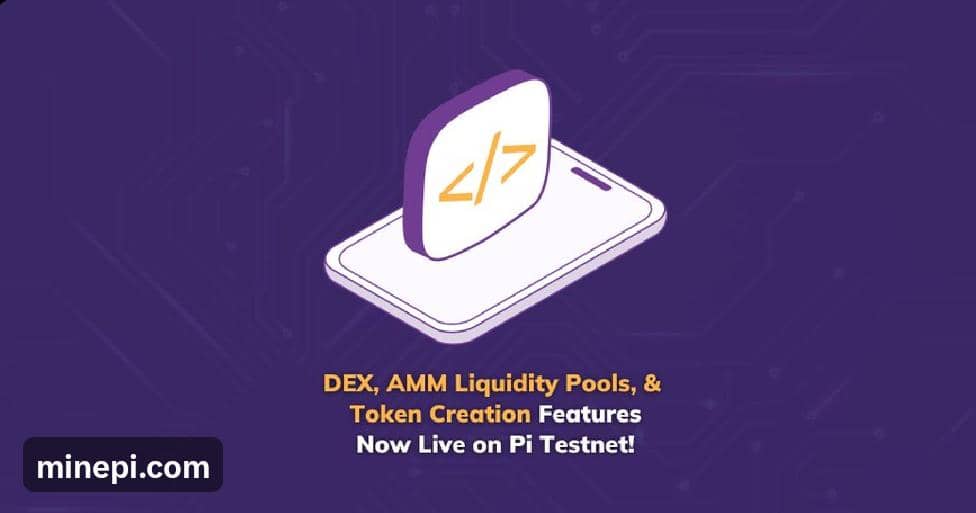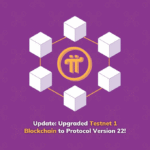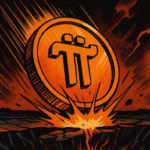During her presentation at TOKEN2049, Pi Network founder Dr. Chengdiao Fan announced the rollout of several major blockchain features, including Pi DEX, AMM liquidity pools, and token creation capabilities. These updates have been launched on Pi Testnet for trial and feedback before being made available on Mainnet.
Pi DEX and AMM
The new decentralized exchange (DEX) and automated market maker (AMM) tools now active on Testnet enable developers and Pioneers to test token swaps, liquidity pools, and other decentralized finance (DeFi) functionalities using Test-Pi.
Although these features are not yet accessible on Mainnet, their interfaces are visible in the Pi Wallet, which connects users to the Testnet environment. Built directly into Pi’s blockchain protocol, these functions empower the community to develop their own versions of DEXs and AMMs.
By testing these DeFi tools on Testnet, users can safely explore how decentralized trading works such as swapping tokens or adding and removing liquidity without using real Pi. All transactions on Testnet use test tokens, which have no value or validity outside the testing environment. This setup helps Pioneers learn and practice DeFi operations before the Mainnet rollout, supporting Pi’s goal of improving financial literacy across the network.
Token Creation
The token creation feature is another crucial addition, allowing developers to mint test tokens on the Pi Testnet. This function is also limited to Testnet during the trial phase. Comprehensive documentation will be released soon to guide users through the process.
While Testnet tokens can be created freely for experimentation, Mainnet token creation will later follow specific guidelines to ensure alignment with real utility and sustainability goals as emphasized by Dr. Fan in her TOKEN2049 speech. The rules aim to encourage builders to design tokens that serve genuine applications and services, rather than speculative or short-lived purposes like most memecoins.
Pi’s token philosophy centers on utility-based design, meaning tokens must serve a purpose such as powering apps, enabling transactions, or fostering community engagement rather than existing for hype or profit.
Empowering Developers and Pioneers
These updates advance Pi Network’s broader vision of supporting both developers and non-developers who use Pi App Studio or AI-powered tools to create meaningful applications.
Creators can now mint and test tokens, build liquidity pools, and integrate them into apps on Testnet. This environment also supports community-built DEXs and AMMs, giving builders room to experiment safely before Mainnet deployment.
Pi’s ecosystem already includes infrastructure that supports token projects:
- Pi KYC ensures real, verified users.
- Pi Wallet, .pi Domains, Pi Ad Network, and Ecosystem Directory Staking help manage and grow token-based services.
- A global verified community of millions provides a ready audience for feedback and engagement.
Strengthening Pi’s Web3 Ecosystem
The release of DEX, AMM, and token creation tools on Testnet marks another step toward a decentralized, utility-driven Web3 ecosystem.
It allows the community to explore decentralized finance in a safe and structured way while preparing for the Mainnet’s full DeFi experience. This milestone enhances transparency, scalability, and real-world utilityadvancing Pi Network’s mission to make blockchain technology accessible, useful, and centered on human impact.

























